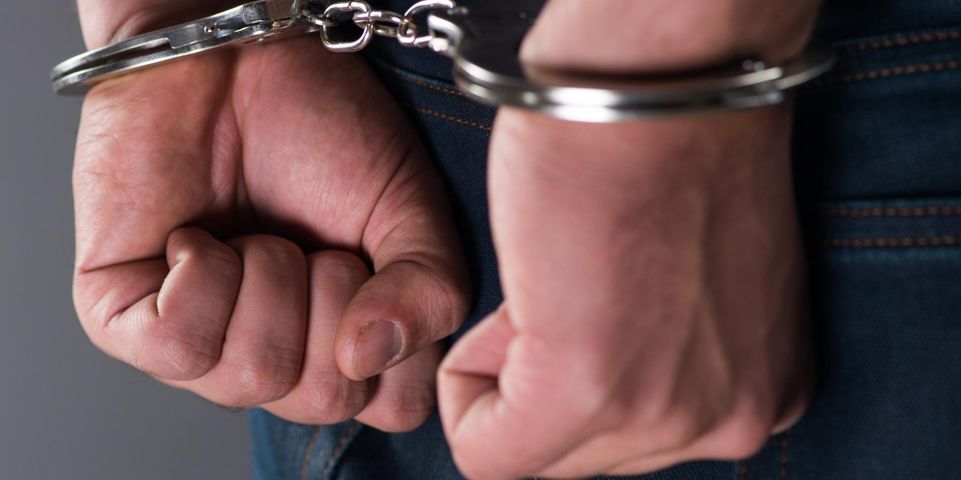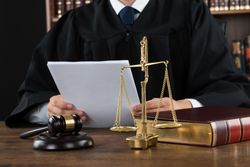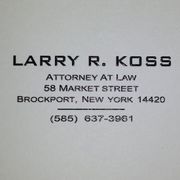What Happens After an Arrest in New York State?

Being arrested can be a tense and confusing experience. Understanding the steps involved in this process can help you be proactive in protecting your rights. In New York State, as in all states, the justice system aims to streamline procedures as much as possible. Below, learn more about these steps, what to do after an arrest, and how an attorney can help.
A Step-By-Step Guide to New York’s Criminal Justice System
Most arrests follow this same general sequence of events:
- Custody: The suspect is placed under arrest, read their rights, and taken into police protection, either at the scene of the crime or after an arrest warrant has been issued.
- Booking: The suspect arrives at the station and has their fingerprints and photo taken.
 Pretrial Interview: Law enforcement gathers basic information about the suspect, including their name, address, and employer.
Pretrial Interview: Law enforcement gathers basic information about the suspect, including their name, address, and employer.- Arraignment: The suspect goes before a judge for the first time and enters a formal plea.
- Bail hearing: A judge either sets or denies bail.
What Happens After Bail
An attorney may be contacted at any point during the above stages. From here, they'll help with the following steps:
- Discovery: Prosecutors and defense attorneys share pertinent information and evidence regarding the case so they can determine the legal strategies they plan to use.
- Pretrial motions: The defense attorney brings specific issues or requests to the court's attention, like asking to keep certain incriminating information suppressed.
- Trial: Each side presents their case, questions witnesses and experts, and makes opening and closing statements.
- Verdict: A judge or jury issues their decision as to the suspect's innocence or guilt.
- Sentencing: If guilty, the defendant's punishment is announced.
- Appeals: The defendant can challenge the judge or jury's verdict in a higher court.
What to Do After an Arrest
If you've been arrested, don't make any statements to the police regarding your guilt or innocence. Inform them that you don't want to say anything until you've spoken with an attorney. Remain calm and comply with law enforcement as much as possible. Once you arrive at the jail, you will be allowed to make a phone call. In a best-case scenario, this call should be to a criminal defense lawyer.
The sooner you have representation, the sooner your rights will be safeguarded. An attorney will launch their own investigation into the case, design a legal strategy that supports your position, and represent you in all dealings with courts and opposing counsel.
If you need a criminal defense attorney, contact the Larry R. Koss Law Firm. Attorney Koss is a misdemeanor and felony lawyer with more than four decades of experience fighting for his clients' rights throughout Monroe, Orleans, Niagara, and Genesee counties, NY. Call (585) 637-3961 or visit his firm's website to schedule a consultation.
About the Business
Have a question? Ask the experts!
Send your question

